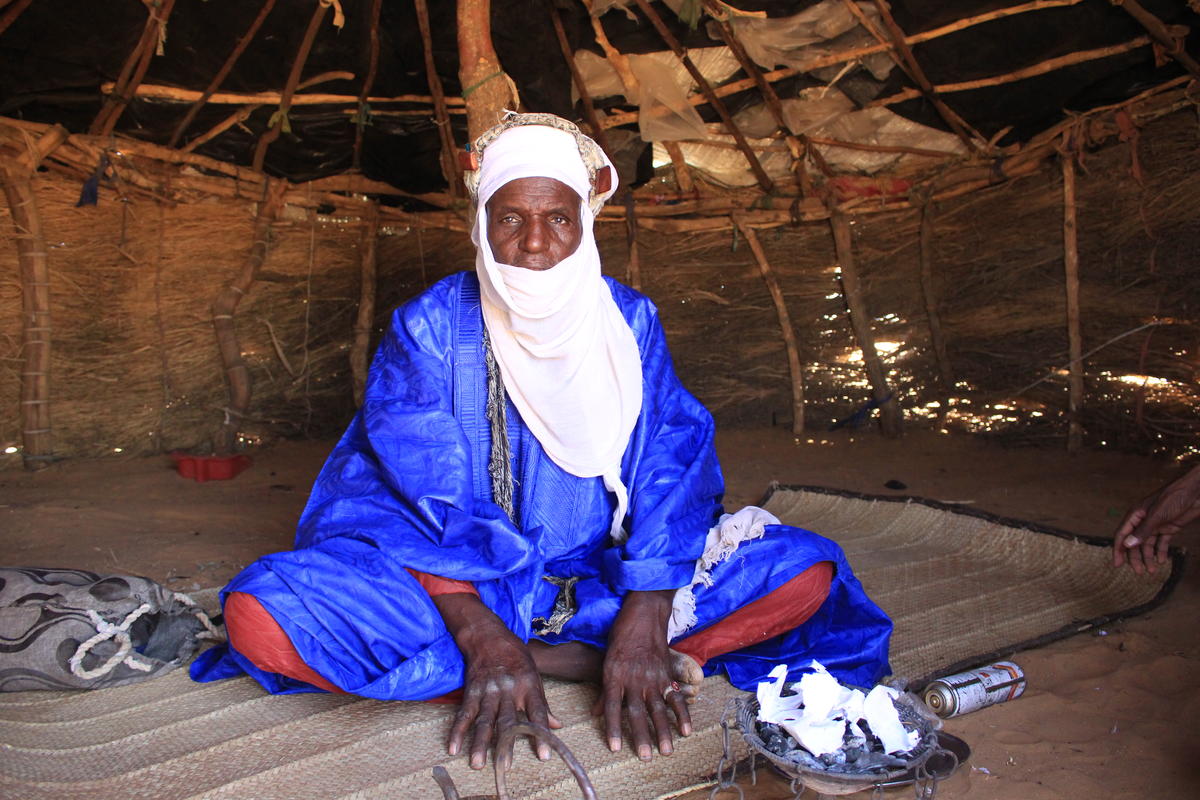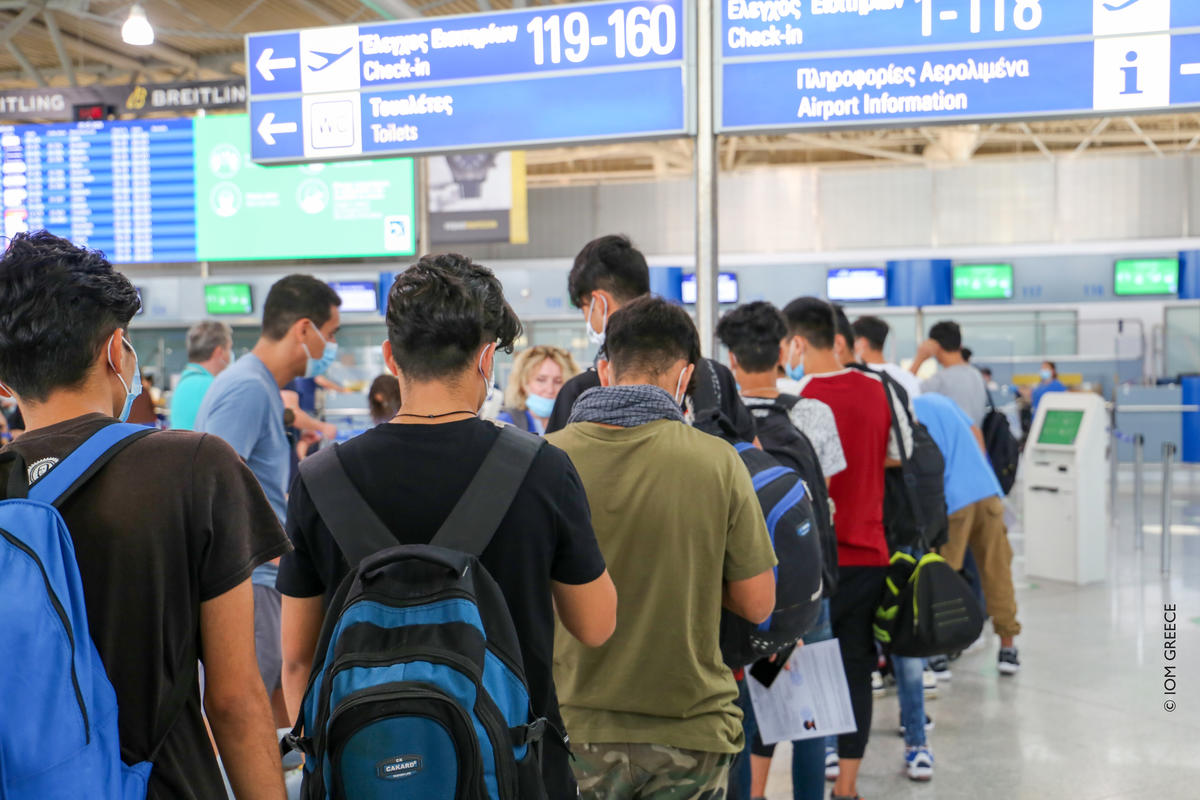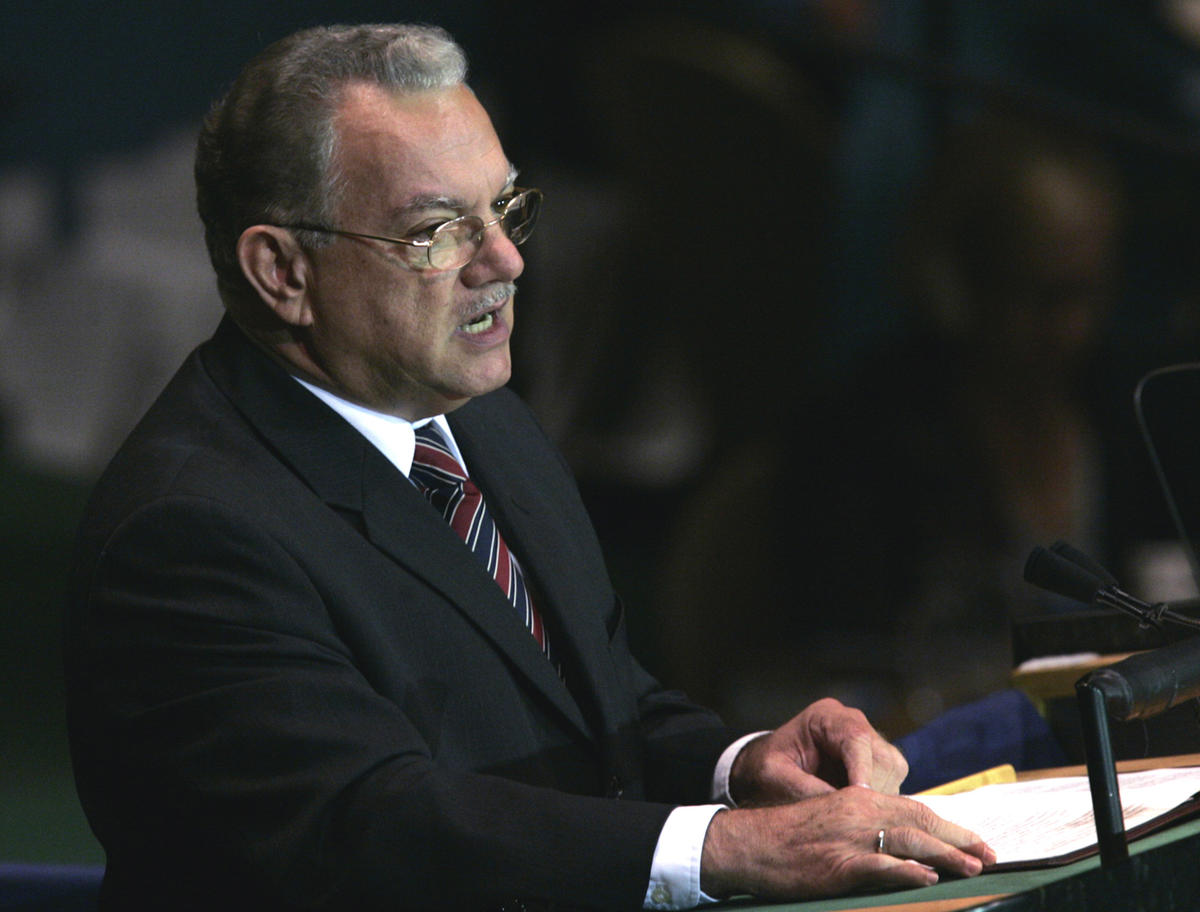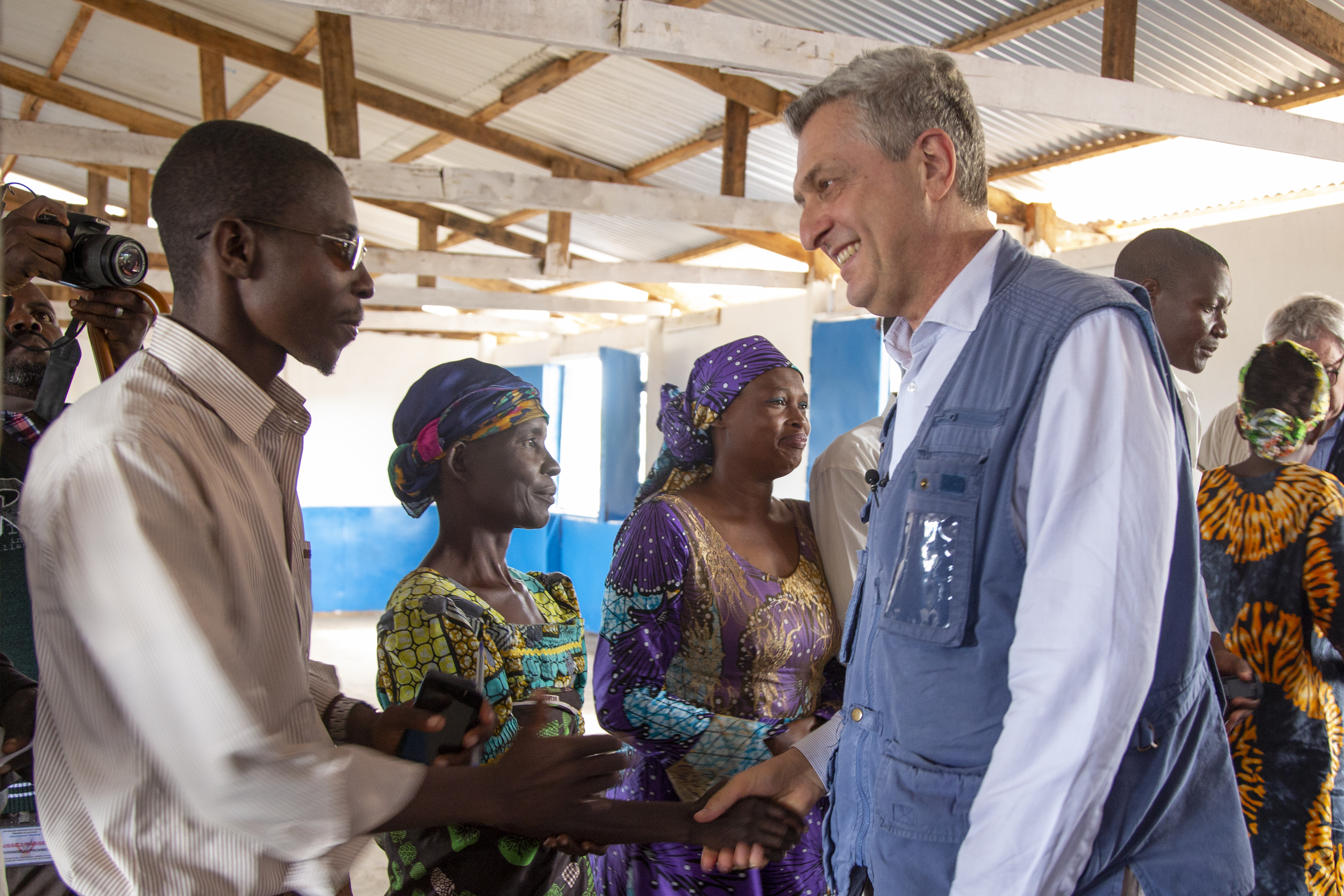UNHCR project to shed light on Africa-Europe transit migration
UNHCR project to shed light on Africa-Europe transit migration

GENEVA, Feb 1 (UNHCR) - The phenomenon of African migration into Europe is one of the hot topics often debated in the European media. But while the headlines focus on illegal migrants and the desperate means they resort to in order to reach Europe's shores, very little attention has been paid to refugees who also risk their lives along the way.
This mixed flow of people arriving in Europe raises new challenges in terms of refugee protection. In recent years, the UN refugee agency has become increasingly concerned that, in their effort to combat illegal migration, European Union countries tend to overlook the needs of the refugees mixed in with the illegal migrants.
It has been UNHCR's view for several years that the issue of mixed migration must be urgently addressed and that only a multilateral approach to the problem is likely to bring results. It is a complex issue, one which cannot be looked at only from the point of view of European immigration laws - indeed there is a growing realisation within the EU that it is not realistic to tackle the problem by hoping to intercept everyone who reaches Europe illegally.
Also in question is the situation in the countries of origin, characterised by the lack of development and opportunities in many parts of sub-Saharan Africa, as well as the burden put on North African states, which are being used as transit routes by thousands on their way to Europe.
In cooperation with the European Commission, UNHCR is launching a one-year project to gather essential information about the phenomenon of transit migration through North Africa into Europe.
"This project is an important and in many ways pioneering initiative for the refugee agency," UNHCR spokeswoman Jennifer Pagonis told reporters on Tuesday in Geneva. "It is a first step towards understanding the link between transit migration and refugees and creating a protection space for asylum seekers while they are in transit."
Because the refugee dimension of transit migration has so far been largely ignored, comparatively little is known about the number of potential refugees mixed in with illegal migrants trying to reach Europe. The most pressing need is therefore for clear and accurate information, and UNHCR is planning a series of activities over the next few months to gather facts.
The refugee agency will seek testimony from asylum seekers in southern European nations - like Italy, Spain and Malta - that are first ports of call inside Europe for thousands of people transiting from Africa. UNHCR will also seek to talk to asylum seekers and migrants in North Africa, with interviews already planned in Mauritania.
Another axis of the project is to increase dialogue on refugee issues in North Africa, both at the national and regional level, in order to develop basic protection mechanisms for asylum seekers and potential refugees. Many North African nations have signed the 1951 Refugee Convention but need to develop a national framework to create an asylum space in the region. The focus will be on a multilateral approach and sharing of information in the region, as well as with Europe and international organisations.
The third part of the project will look into the question of how to manage the protection of asylum seekers and potential refugees on the high seas. In the vast majority of cases, the trip from Africa to Europe involves a sea crossing, often organised by illegal traffickers, sometimes with disastrous consequences.
"Every year, an unknown number of people die on the trip from Africa to Europe," Pagonis said. "More information is urgently needed to help all those concerned develop solutions to put an end to this tragic waste of human lives."
The question of interception of boats on the high seas is difficult and often neglected, one that raises concerns about which state is responsible for the asylum seekers who might be onboard. In this regard too, UNHCR will be advocating a multilateral approach involving the EU, countries of transit and the relevant international organisations.
The project, which will end in December 2005, is funded to the tune of almost 1 million euros by the European Union and the Dutch government.








